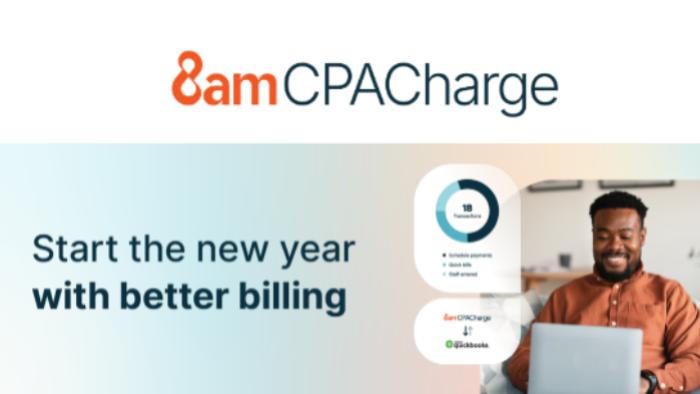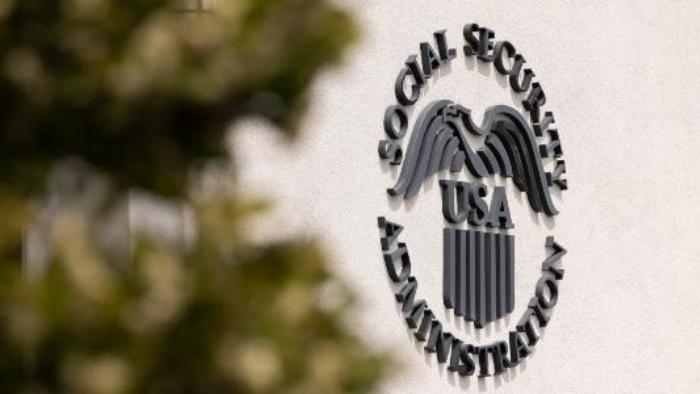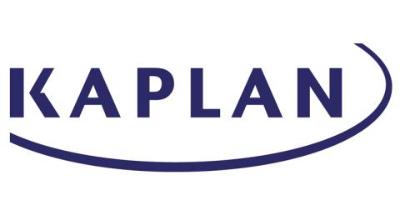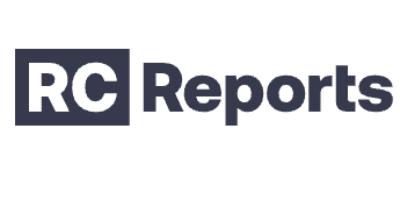6 Reasons Why Your Small Business Needs an EIN

How does obtaining an EIN work to the benefit of small businesses? The short answer to this question ties in with business compliance.
An EIN, short for employer identification number, is a nine-digit number that legally identifies a business. Registered small businesses that obtain an EIN are better positioned to stay in compliance with tax laws in the United States. Once an incorporated business receives this tax ID, the IRS can start tracking company activity such as collecting and paying federal and payroll taxes. This ensures the business meets compliance requirements in its state of incorporation.
Compliance aside, why else might a small business need an EIN? Here are a few additional benefits one receives when they obtain this federal tax ID.
- Identify the business
- Hire employees
- Open a bank account
- Establish a credit profile
- Establishing pension, profit sharing, and retirement plans
- Changing an entity formation
1. Identify the Business
Earlier I mentioned that an EIN is a nine-digit number. Sounds kind of like a social security number, doesn’t it? An EIN does share a few similarities with an SSN, including being a unique number that never expires. Business owners may identify their business using their SSN or an EIN — and many prefer using an EIN.
Why is that? EINs are less sensitive than SSNs. Many entrepreneurs feel a bit more comfortable using an EIN on important paperwork rather than an SSN. A compromised SSN could put the business owner’s personal identity at risk whereas an EIN may step in and act as a safeguard to identify the business. Remember, however, to treat an EIN as you might an SSN. Protect this number and keep information related to it in safe spaces.
2. Hiring Employees
Do you plan to hire, and pay, employees at your small business? The IRS requires your business to have an EIN before hiring employees.
Does your entity formation play a significant role in obtaining an EIN? The answer, surprisingly, is yes.
Certain entity structures, like limited liability companies and corporations, will be issued an EIN from the IRS upon their formation. This is because once a business is incorporated the business owner is considered an employee and thus requires an EIN. Unregistered businesses, like sole proprietorships, will not be issued an EIN. Sole proprietors need to file an EIN application to obtain this federal tax ID which works to benefit their status in the business and any future employees that may come work for the company.
Did you incorporate as an LLC or corporation, but haven’t received an EIN? Reach out to the IRS to inquire as to next steps in obtaining this tax ID.
3. Open a Business Bank Account
Typically, business owners open a bank account that is specific for their business to ensure separation between personal and professional finances. Most financial institutions require reviewing a certified copy of an EIN before you may open a business bank account under your business name.
Once you obtain an EIN, bring the certificate to the bank to review and start the process of opening a business bank account.
4. Establish a Business Credit Profile
The credit you establish for your business is going to be different from your personal credit history. (It is, after all, corporate business credit.)
As you use an EIN to open a business bank account, you may also begin building a business credit profile.
5. Establishing Pension, Profit Sharing, and Retirement Plans
Many business owners will create benefit plans for their employees. Some benefit plans include pension, profit sharing, and retirement plans.
Creating these plans positions you as a plan administrator. As such, you must file to obtain an EIN prior to establishing these plans.
6. Changing Entity Formations
Let’s say you are a sole proprietor who has decided to incorporate as an LLC. As a result, you will need an EIN to reflect the changes in the ownership of your organization. Making the switch from a sole proprietor to an LLC, if we follow this example, means entrepreneurs may now use their SSN or their EIN on business documents.
What Else Should I Know About EINs?
Before you file to obtain an EIN for your small business, it’s critical to understand what your EIN eligibility looks like. A few primary requirements include a principal business location in the United States or its U.S. territories, a valid taxpayer identification number (which may be the aforementioned SSN), and a legal formation, like a corporation or LLC, which the IRS advises the business forms before obtaining an EIN.
Do you still have questions about filing an EIN application or your eligibility for this tax ID? Get in touch with a financial professional, like a local CPA or accountant, for any questions you may have about federal tax IDs and how obtaining one will impact your business.
Deborah Sweeney is the CEO of MyCorporation.com. MyCorporation is a leader in online legal filing services for entrepreneurs and businesses, providing start-up bundles that include corporation and LLC formation, registered agent, DBA, and trademark & copyright filing services. MyCorporation does all the work, making the business formation and maintenance quick and painless, so business owners can focus on what they do best. Follow her on Twitter @deborahsweeney and @mycorporation.
Photo by Kevan Levand on Unsplash
Share This Article
What's Trending?
Trending topics & tools for the CPA community
How Firms are Rethinking Reasonable Comp (Quick Video)
It’s a short video and makes the value of repeatable, data-backed approach clear (especially compared to spreadsheets, gut checks and one-off calculations).
Learn how 8am CPACharge delivers clarity and confidence for accounting firms.
8am™ CPACharge brings invoices, payments, and reconciliation together in a solution designed to make your day easier from start to finish.
Seniors on Social Security Could Face $460 Monthly Cut to Benefits
Jim Komoroski, RSSA®, is quoted in Newsweek, offering expert insight into the projected monthly cuts to Social Security benefits should Congress fail to act.
Resources
Valuable information provided by our sponsors.
Specialize in Social Security
Looking to enhance your retirement planning expertise? Your solution: pursue the Registered Social Security Analyst®...
CPAdirectory members have access to discounted auto and home insurance
At CPAdirectory, we think it's a good thing to provide our members with access to...
Free CPE Course: ChatGPT for Tax Pros — Limited Offer
CPAdirectory and CCH CPELink are giving you free access to the on-demand course: ChatGPT for...
PE Deals In Accounting: Valuations, Structure, Tradeoffs
In this webinar, you’ll hear from firm leaders and industry experts who will share real-world...
Stand Out as a Trusted Social Security Expert with the RSSA® Designation
Designed for CPAs, the Registered Social Security Analyst® (RSSA®) designation provides advanced training to help...
How Firms are Rethinking Reasonable Comp (Quick Video)
It’s a short video and makes the value of repeatable, data-backed approach clear (especially compared...












